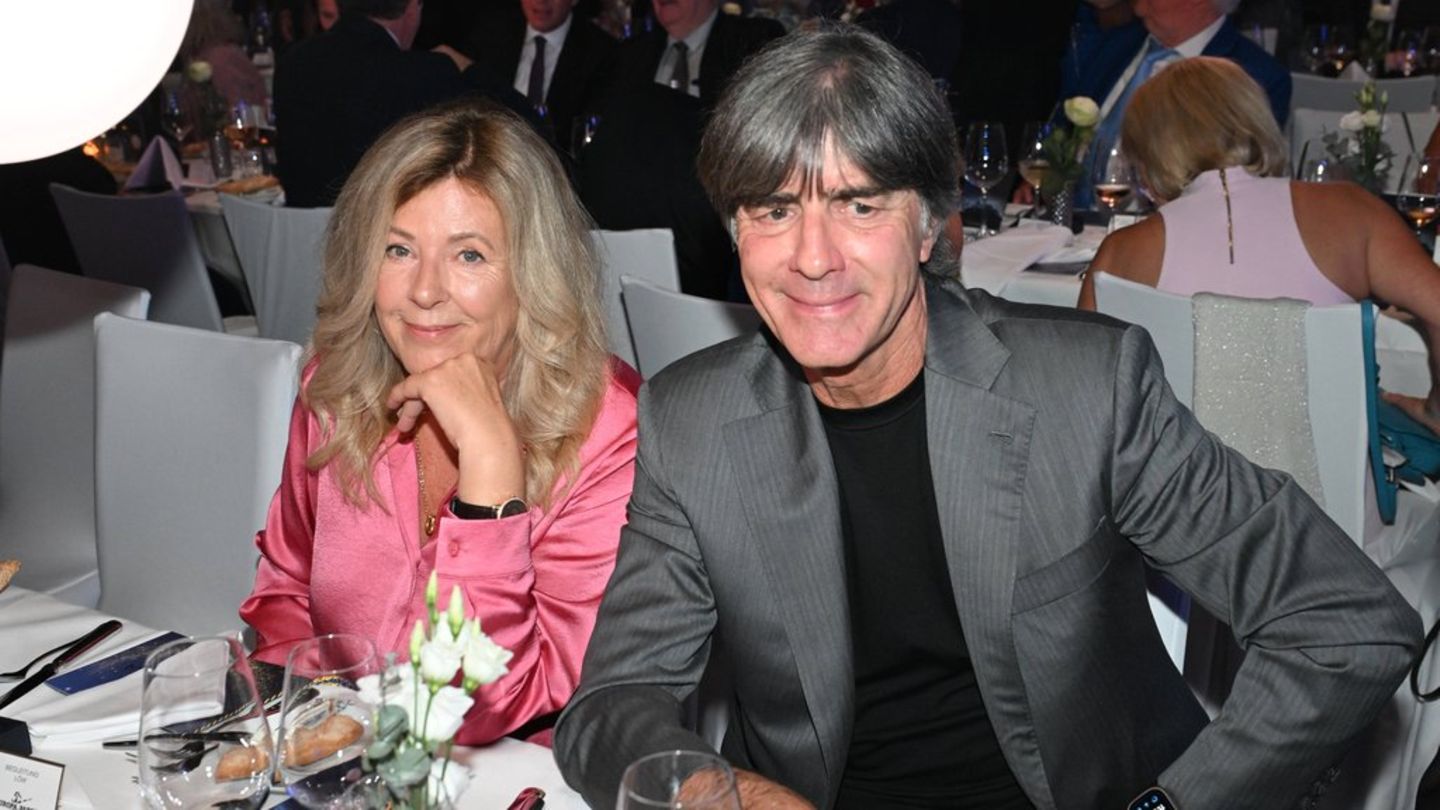In the US, another struggling financial institution is at an end. In a state-coordinated bailout, industry leader JP Morgan Chase is taking over troubled First Republic Bank.
The US Treasury has found a buyer for the ailing First Republic Bank. On Monday night, the FDIC deposit insurance announced that the largest US money house, JP Morgan Chase, would take over all customer funds and the vast majority of assets. First Republic is already the third US bank to collapse this year after massive withdrawals of funds due to liquidity concerns.
JP Morgan was selected as the buyer after a bidding process. The company will receive a loan portfolio worth around $173 billion from First Republic. There are also about $92 billion in deposits and $30 billion in securities. The collapse of First Republic represents the largest US banking collapse since the collapse of former credit giant Washington Mutual, which was also acquired by JP Morgan during the 2008 financial crisis.
Third US bank in trouble
After the collapse of the Silicon Valley Bank (SVB) and Signature Bank in March, it initially seemed as if the turbulence had passed. But after First Republic disclosed the full extent of the capital flight on April 24 – customers withdrew more than $100 billion in deposits in a short time – the situation escalated again last week. The stock went into free fall. Within three months, it collapsed by almost 98 percent.
The US Treasury Department has been trying for some time to find a buyer for the struggling bank among the country’s larger banks. The regulators pushed for a solution over the weekend – before the international financial markets open on Monday and panic could spread again in the banking sector. But that turned out to be difficult. JP Morgan was only awarded the contract late at night.
“Our government has asked us and others to show commitment, and we have done so,” JP Morgan chief Jamie Dimon said in a statement. The influential Wall Street boss broke a taboo – after bad experiences with state-coordinated takeovers in the financial crisis of 2008, he actually never wanted to take over a troubled rival again. But the situation around First Republic has become more and more critical, and as the US market leader, JP Morgan has a great responsibility. Last but not least, the takeover is intended to protect the US deposit insurance system, which has been strained by the bankruptcies of SVB and Signature Bank.
Specialized in start-up companies
Like SVB, whose troubles began the US regional bank crisis in March, First Republic was based in California and also specialized in tech start-ups and wealthy clients. This business model proved problematic, as corporations and wealthy individuals often have assets in their accounts in excess of the $250,000 statutory insurance limit. The FDIC doesn’t really have to intervene here. The danger of sudden and panic withdrawals of funds is therefore particularly great with such high deposits.
First Republic came under pressure after the SVB collapse in March. Even then there was a concerted rescue operation. Eleven major US banks – including industry leaders JP Morgan Chase, Bank of America, Citigroup and Goldman Sachs – supported the reeling bank with uninsured deposits totaling $30 billion. Despite the aid, the situation remained precarious. The takeover that has now been decided took place via the detour of the FDIC, which closed First Republic and then passed it on to JP Morgan.
At the heart of the recent banking turmoil in the US is the so-called interest rate risk. A number of institutes have invested large sums in long-term and low-interest bonds, which are actually among the safest investments. Since the US Federal Reserve raised interest rates quickly and significantly in the fight against inflation, these papers lost value drastically. This caused the balance sheets to get out of hand. Unlike the toxic mortgage securities of the 2008 financial crisis, the problem lies not in high and opaque credit risks, but in interest rate risks.
JPMorgan Notice FDIC Notice
Source: Stern




